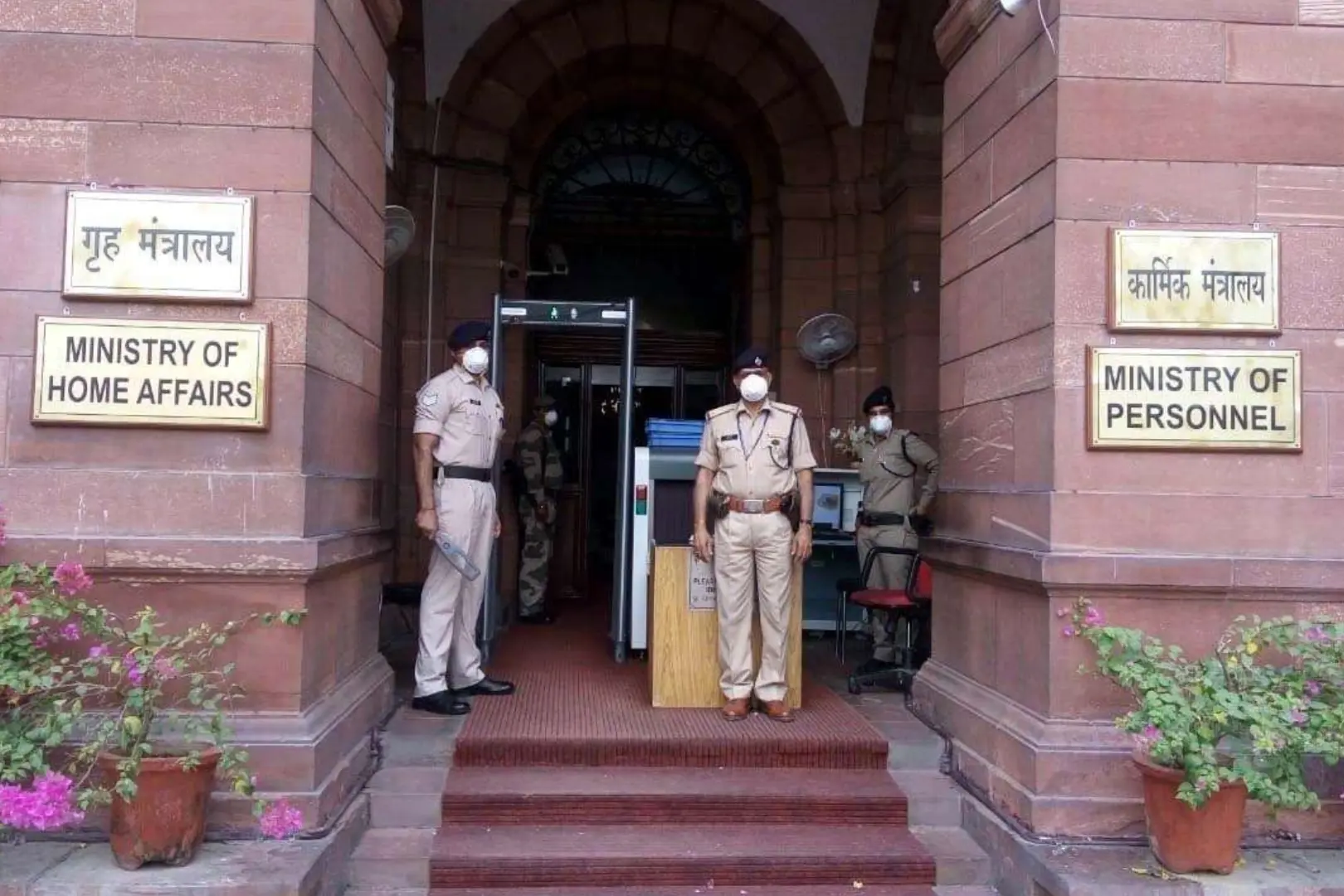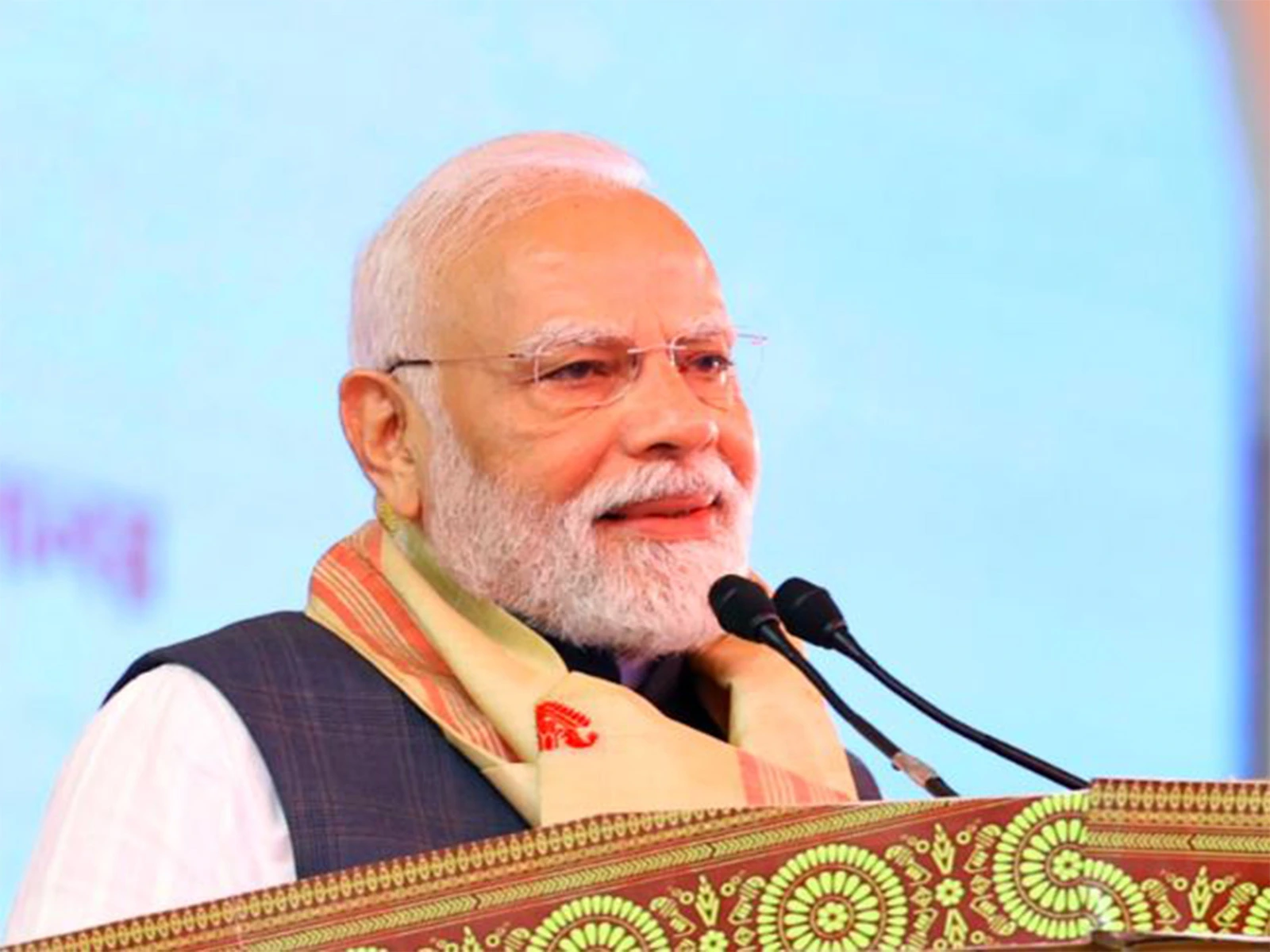07-Jan-2025, 12:08 PM
The Union Ministry of Home Affairs (MHA) has recently urged states and Union Territories (UTs) to implement Section 479 of the Bharatiya Nagarik Suraksha Sanhita (BNSS), 2023, aimed at alleviating the plight of undertrial inmates in Indian jails. This directive comes in response to the significant issue of overcrowding in prisons, where a large percentage of inmates are undertrials—individuals who have not yet been convicted but are awaiting trial.
Overview of Section 479
Section 479 stipulates that undertrial prisoners who have served up to half of the maximum sentence for their alleged crime should be released on bail, provided their offences do not carry the death penalty or life imprisonment. Notably, first-time offenders may be eligible for release after serving just one-third of their maximum sentence. This provision is designed to expedite the release of those who have been unjustly detained due to their inability to pay bail or navigate the slow judicial process, which has long plagued India’s criminal justice system.
Context and Need for Implementation
The call for implementation arises from alarming statistics indicating that approximately 77.1% of the total prison population in India consists of undertrial prisoners. Many remain incarcerated due to financial constraints, as they are unable to afford bail amounts. The MHA’s advisory emphasizes the necessity for prison authorities to proactively apply for bail on behalf of eligible inmates, thereby facilitating their release and contributing to the decongestion of prisons.
Moreover, the Supreme Court has mandated that this provision should apply retrospectively, meaning all undertrials in cases registered before July 1, 2024, are entitled to its benefits. The court’s directive also includes a requirement for jail superintendents to compile and submit reports detailing eligible undertrials and their release status.
Government Initiatives
To support this initiative, the government plans to enhance technology-driven solutions such as the national e-Prisons portal to identify inmates eligible for release. Additionally, there will be efforts to strengthen legal aid services through District Legal Services Authorities, ensuring that poor prisoners receive necessary support.
The implementation of Section 479 is a crucial step towards addressing systemic issues within India’s justice system and ensuring that undertrial prisoners are treated fairly and justly. By facilitating their release based on fair criteria, the government aims not only to reduce overcrowding but also to uphold the rights and dignity of those awaiting trial.




